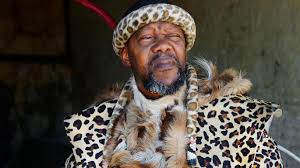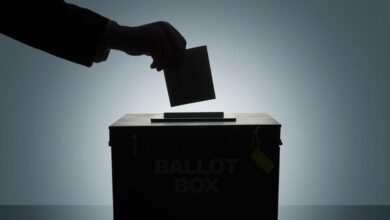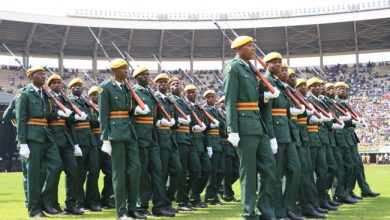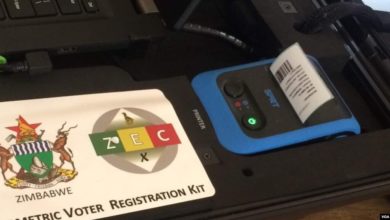UN Committee flags Zimbabwe over ban on Gukurahundi memorials

The UN Committee on the International Convention on the Elimination of All Forms of Racial Discrimination has called on Zimbabwean authorities to lift restrictions they continue to impose on Gukurahundi commemorative events and also pave way for a truth-telling platform for survivors of the government-sponsored atrocities.
In findings and recommendations issued Tuesday following its Geneva session on Zimbabwe and six other countries, the committee said it was disturbed the atrocities have remained a source of ethnic tension in the country.
“The Committee was disturbed by reports that the Gukurahundi atrocities, which resulted in the killing of around 20,000 Ndebele speakers in the 1980s, continue to be a source of ethnic tension, with many victims remaining traumatized and barred from participating in mourning and commemorative activities by State agents,” read the report in part.
“It urged Zimbabwe to take measures to ensure that mourning and commemorative activities can be conducted without restrictions or threats.
“It also called on the State party to ensure that the National Peace and Reconciliation Commission fulfils its responsibilities to provide a platform for post-conflict public truth-telling.”
Justice Minister Ziyambi Ziyambi, who led the Zimbabwean delegation to the session, told the UN Committee then that government had no “mandate” to prosecute those who committed the atrocities after a blanket amnesty was granted on perpetrators by then State leader Robert Mugabe upon the signing of the unity accord between his party and that of the late former state leader’s once bitter rival Joshua Nkomo 1987.
“We united our people and parties and that concluded that process at that juncture. We do not have the mandate to go after people and arrest them because of the amnesty that was declared,” Ziyambi said.
Gukurahundi, as it is commonly known, was an operation that was carried out by Mugabe’s government ostensibly to track down former ZIPRA combatants who deserted Zimbabwe’s integrated military with weapons in protest over lack of equal treatment with those who waged the war under Mugabe’s ZANLA.
ZIPRA was the military with of PF Zapu, which was led by Nkomo.
Meanwhile, in its latest findings, the Committee also “expressed concern that legislation to protect labour rights and prevent discrimination does not explicitly cover the informal sector and domestic work, which are dominated by Black women who face low wages, poor working conditions and racist, dehumanizing treatment”.
“It requested that Zimbabwe amend its labour laws to explicitly cover the informal sector and domestic work, and take measures to address discrimination on the intersecting grounds of race, class and gender in all areas of employment.”
Source:ZimLive.com






